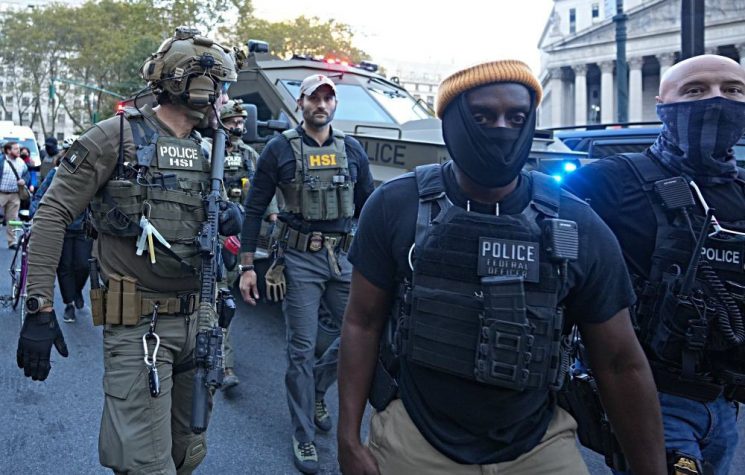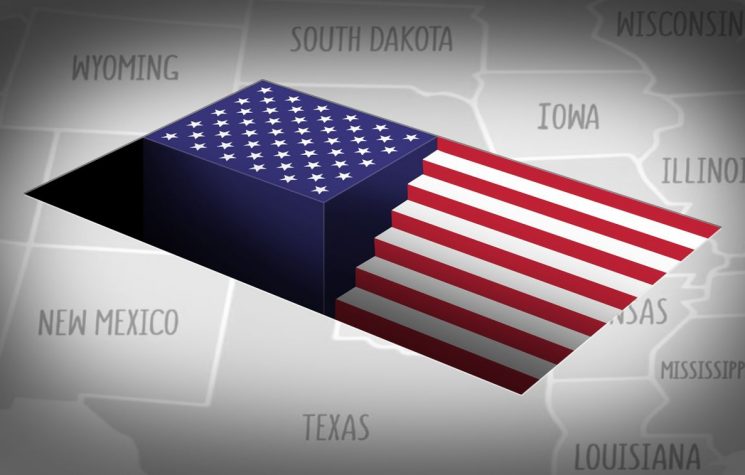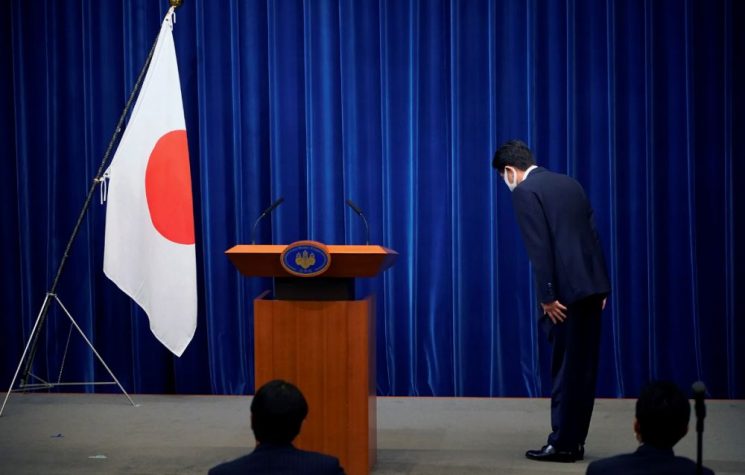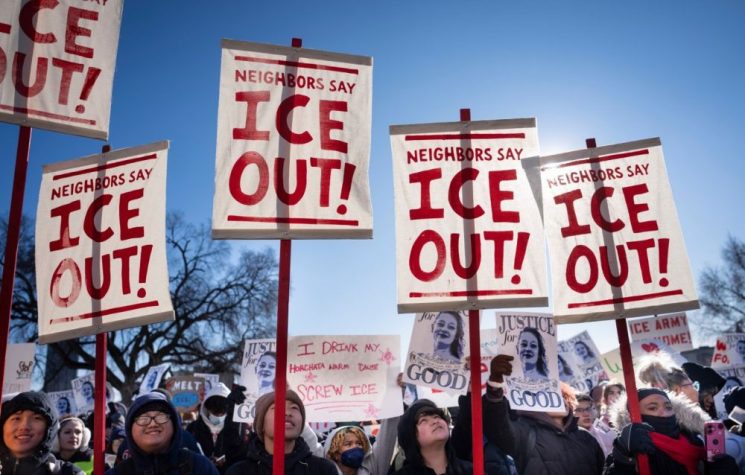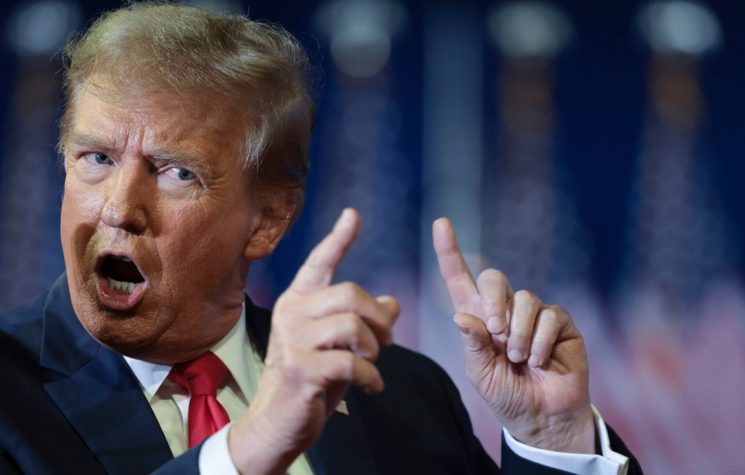In a dramatic and unprecedented turn of events amid the 2020 presidential election fiasco, the Lone Star State is leading the charge to overturn results in four swing states where multiple irregularities were alleged to have occurred in delivering the presidency to the Democrat Joe Biden. Nothing less than the survival of the Republic as we know it hangs in the balance.
President Donald Trump and 17 Republican-ruled states filed motions this week in support of the Texas’ ‘Hail Mary’ effort to get the U.S. Supreme Court to overturn results in four major swing states – Georgia, Michigan, Pennsylvania and Wisconsin – where alleged fraud and irregularities catapulted Biden into the White House. The legal challenge comes just days before the Electoral College is scheduled to formally pronounce on the outcome.
Trump’s legal team has experienced multiple setbacks in its efforts to present its case at the state level. Those failures were not wholly unexpected considering that three of the states being sued are Democrat-run; not exactly places where the scales of justice would tip in Trump’s favor. As for Georgia, Republican Governor Brian Kemp, proving his credentials in the RINO club (‘Republican In Name Only’) has impeded efforts for a recount every step of the way.
The charges being leveled against the states by Rudy Giuliani, the head of Trump’s legal team, are serious despite being almost totally ignored by the mainstream media. The suit accuses both local voting officials as well as Dominion Voting Systems of potential fraud and “severe irregularities.” Several IT experts testified that the voting systems were not only hooked up to the internet, but the votes were tallied at overseas points.
Giuliani outlined the grievances in Atlanta, Georgia, where an alleged water-pipe break, later determined to be a hoax, halted vote counting at a time when Trump’s lead over Biden was looking insurmountable.
“In the city of Atlanta, Republicans were not allowed to watch the absentee mail-in ballot process. Inspections completely cast aside. We have numerous double voters. We have numerous out-of-state voters. And we have specific evidence of intimidation and changes of votes.”
Next time someone tells you the #TexasLawSuit has no standing, no chance of being accepted at #SCOTUS, etc., ask them what was the primary question in Bush v. Gore? (Hint: it was the right of the Supreme Court to adjudicate disputes about the Presidential electors clause.) ? https://t.co/GzDFj8QYgu
— Robert Barnes (@Barnes_Law) December 10, 2020
The lawsuit filed by Texas Attorney General Ken Paxton this week presents a compelling argument, yet has attracted mockery and disdain from some legal experts who argue that no state has the right to interfere in the affairs i.e. conducting elections of another state. The Texas-led lawsuit, however, makes the fascinating counter-argument that those four states where fraud is alleged to have happened “threaten the liberty, not just of their own citizens, but of every citizen of the United States who casts a lawful ballot in that election.” In other words, by not holding fair and transparent elections, Georgia, Michigan, Pennsylvania and Wisconsin have infringed upon the rights of the citizens of other states.
“States have a strong interest in ensuring that the votes of their own citizens are not diluted by the unconstitutional administration of elections in other States,” the amicus brief reads. “When non-legislative actors in other States encroach on the authority of the “Legislature thereof” in that State to administer a Presidential election, they threaten the liberty, not just of their own citizens, but of every citizen of the United States who casts a lawful ballot in that election—including the citizens of amici States.”
The legal motion went on to mention the unconstitutionality of the Supreme Courts in each state overriding the legislative branch by codifying mail-in ballots that were not properly managed. To support its claim it cited Anderson v. United States (1974), which ruled that every voter in a federal election “has a right under the Constitution to have his vote fairly counted, without its being distorted by fraudulently cast votes.”
Whether or not the filing on behalf of 17 states, as well as U.S. President Donald Trump ultimately succeeds or fails to be heard by the Supreme Court is not really the main point. What is significant is not only have so many Republican states joined together in defense of the populist leader, something that many people did not believe would happen, but it underscores the level of anger and frustration so many Americans are feeling over the outcome to this election of extreme consequence. Indeed, many believe the outcome of this presidential contest, given the strange winds now blowing through Capitol Hill, may actually mean the difference between the United States becoming more of a socialist country than a capitalist one.
With so much riding on the line, conservative Trump supporters are growing desperate, not only with the implications of a Biden-Harris presidency, but by the absolute lack of media coverage throughout the saga. And when there is media attention devoted to the legal challenges, it is an arrogant and condescending tone, as if fraud and corruption has suddenly become a new thing.
This is where not the media and the Big Tech social media platforms are playing with real fire. If enough Republican voters come around to the conclusion that Trump was not only cheated out of another term in office, but was never given a fair hearing to forward those grievances, then we may be heading for some very rough times in the land of the free. To lose in an election is one thing, but to lose under highly dubious terms while lacking both the legal and media methods of voicing those concerns, is a recipe for disaster.
By Wednesday, the general attorneys from Alabama, Arkansas, Florida, Indiana, Kansas, Louisiana, Mississippi, Missouri, Montana, Nebraska, North Dakota, Oklahoma, South Carolina, South Dakota, Tennessee, Texas, Utah and West Virginia have filed motions with the Supreme Court. Should the highest court in the land agree to hear the case, Texas senator Ted Cruz has agreed to argue on Trump’s behalf.
Not only would such a court case make for some epic television, it may very well save the Republic from another civil war.
















